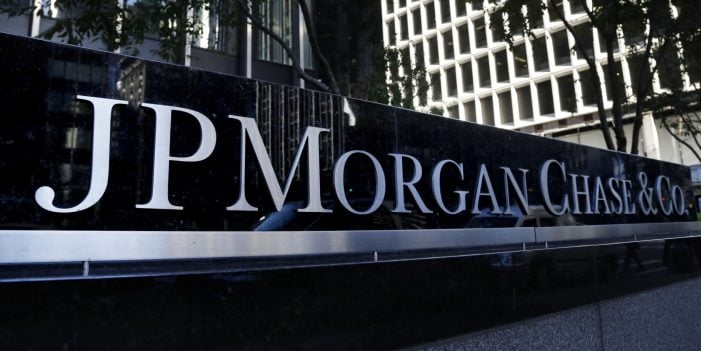The British International Investment (BII), the United Kingdom’s development finance institution (DFI), and AFEX, a Nigerian commodities trading platform, have signed a $26.5 million partnership to support smallholder farmers in Africa.
At the signing ceremony on Wednesday in Lagos, BII said the investment will support structural improvements in Africa’s agricultural industry, which will significantly benefit smallholder farmers and boost food security efforts on the continent.
This also includes the development and launch of a soybeans processing plant in Ibadan — Nigeria’s south-western state — in 2025.
According to the UK firm, the investment will be used to build 20 modern warehouses in strategic locations in Nigeria, Kenya, and Uganda. This will be an addition to AFEX’s over “200 warehouses” already existing in the three countries.
Advertisement
BII believes that the fund would also scale warehouse technology and next-generation software that captures post-harvest pricing; stating that smart storage solutions have the potential to preserve the lifespan of harvested crops, hence increasing the volume of food available.
The investment company said the additional warehouses “will provide 230,000 MT of storage capacity, enabling up to 200,000 more farmers to access low-cost storage and maximise sales from crop harvests, potentially helping to increase farmers’ incomes by more than 200 percent”.
“Supporting smallholder farmers to achieve a fair wage is vital to ensure they remain in operation, producing more and higher quality crops for local consumption,” BII said in a statement.
Advertisement
“Agriculture in Nigeria, Kenya and Uganda accounts for a quarter of GDP and employs 70 per cent of their populations – 80 per cent of whom are smallholder and subsistence farmers.
“Currently, farmers face a difficult financial outlook due to macroeconomic uncertainty, limited market access, and poor reliability of sales from crop harvests. Yields have fallen, and farmers’ incomes are increasingly affected by price hikes of agricultural inputs and extreme weather events.
“[The] capital will also be used to develop a soybean processing plant in Ibadan, the third-largest city by population in Nigeria, and a drying facility in Uganda.”
The impact investment firm expects the construction of the storage and soybeans processing facilities to generate over “700 temporary jobs and more than 80 permanent roles”.
Advertisement
FOOD CRISIS IN NIGERIA
Earlier in the year, the United Nations Children’s Fund (UNICEF) projected that 25 million Nigerians could face hunger between June and August 2023 (lean season) if urgent action is not taken.
A more depressing scenario was painted in May when the World Bank said 64 million Nigerians are at risk of emergency food and nutritional assistance due to the attendant effects of rising inflation, climate change, and other factors.
In response to the crisis, President Bola Tinubu declared a state of emergency on food security on July 13, 2023.
Advertisement
The declaration followed a presidential approval that all matters pertaining to food and water availability and affordability, as essential livelihood items, be included within the purview of the national security council (NSC).
The federal government said savings from the petrol subsidy removal would be deployed in revamping the agricultural sector, and pledged that some initiatives would be executed to reverse the inflationary trend and guarantee future uninterrupted supplies of affordable foods to Nigerians.
Advertisement
Experts have argued that the declaration was a reminder of the vulnerability of Nigeria’s food ecosystem which many development bodies are trying to address.
‘AFRICA NEEDS TECHNOLOGY-DRIVEN COMPANIES TO CUT IMPORT COSTS’
Advertisement
Speaking at the BII-AFEX partnership event, Jonny Baxter, the British deputy high commissioner in Lagos, said the investment will enhance agricultural productivity and bolster food security in Nigeria.
“The agricultural sector stands as a vital pillar to Nigeria’s economy, playing a significant role in job creation and investment potential,” Baxter said.
Advertisement
“We look forward to continuing to support Nigeria’s agriculture sector and the opportunities this provides for its economic growth.”
Also commenting on the transaction, Nick O’Donohoe, BII’s chief executive officer, (CEO) said the World Bank estimates that Africa’s food import bill has reached $30 billion in recent decades.
“This is why we need to back technology-driven companies like AFEX because they help reduce that import cost by supporting smallholder farmers to increase local food production, while also boosting their incomes,” he said.
On his part, Ayodeji Balogun, the AFEX group CEO, said by directing fresh capital towards the development of technologically advanced warehouses and critical facilities, market access and income potential for smallholder farmers are significantly enhanced.







